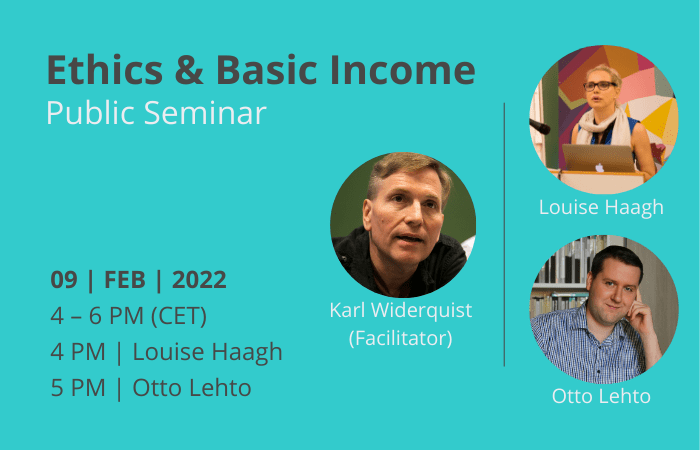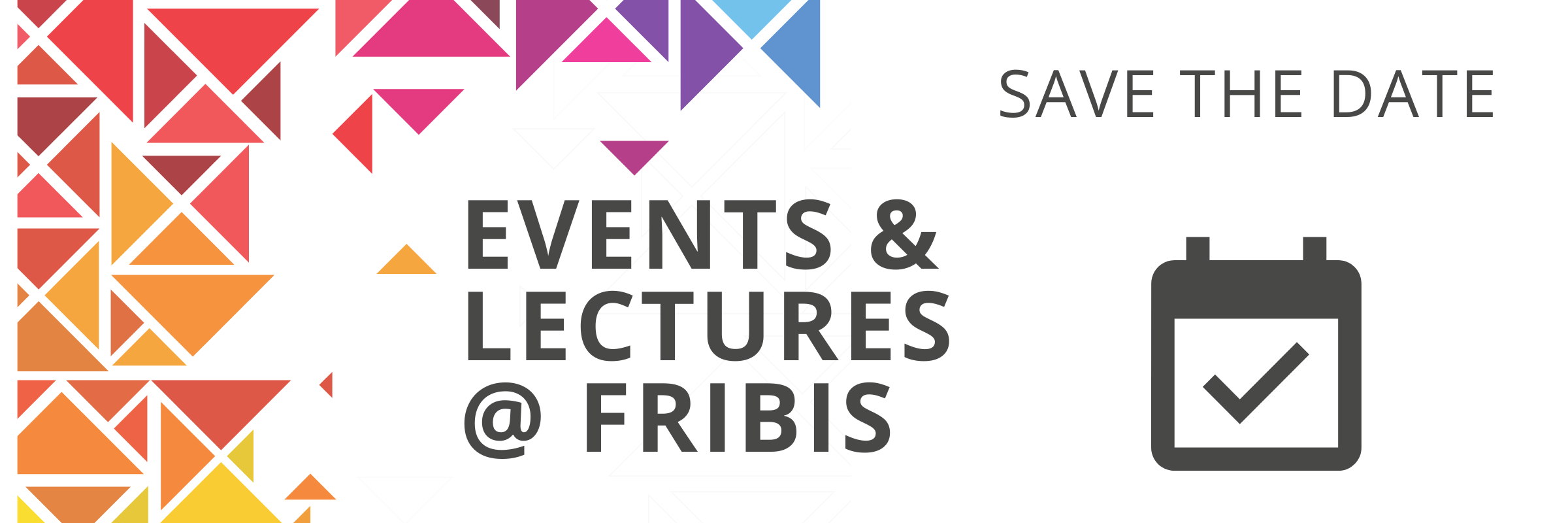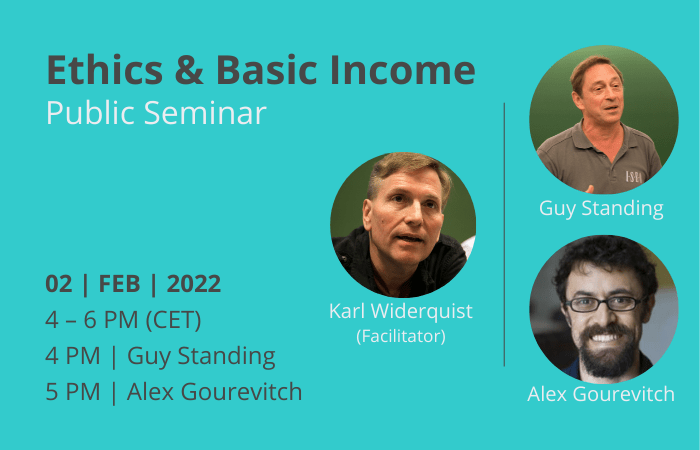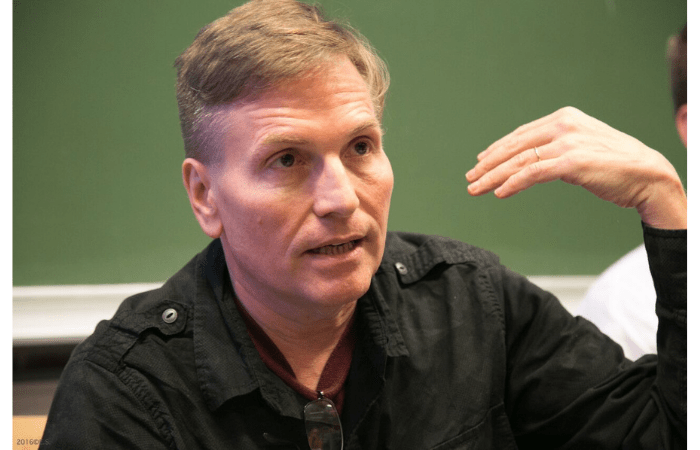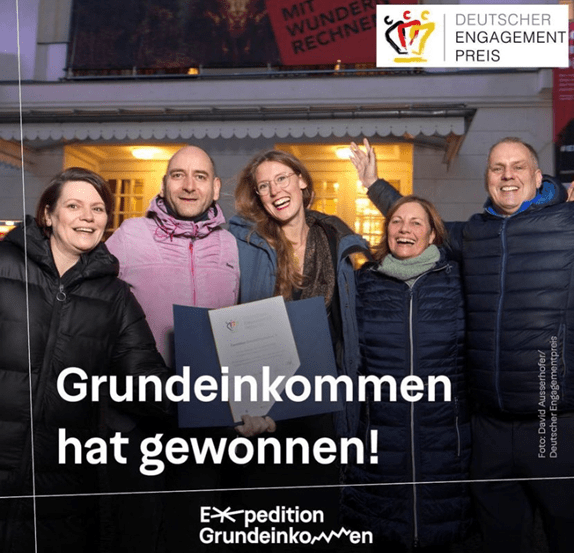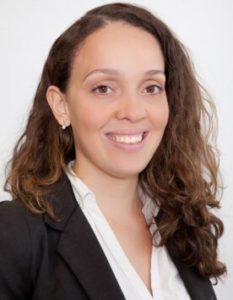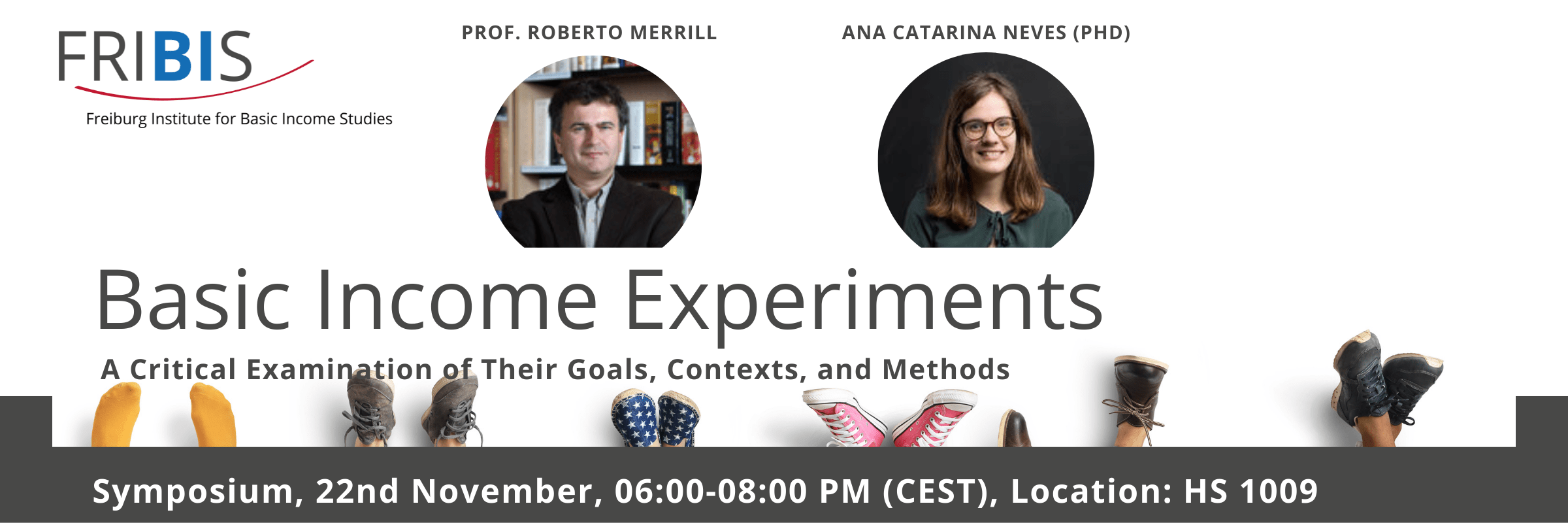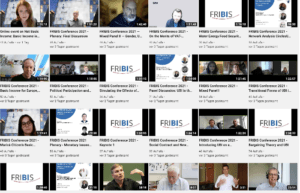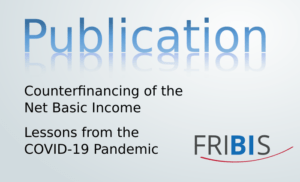dm-drogerie markt founder and patron of FRIBIS Götz Werner has passed away
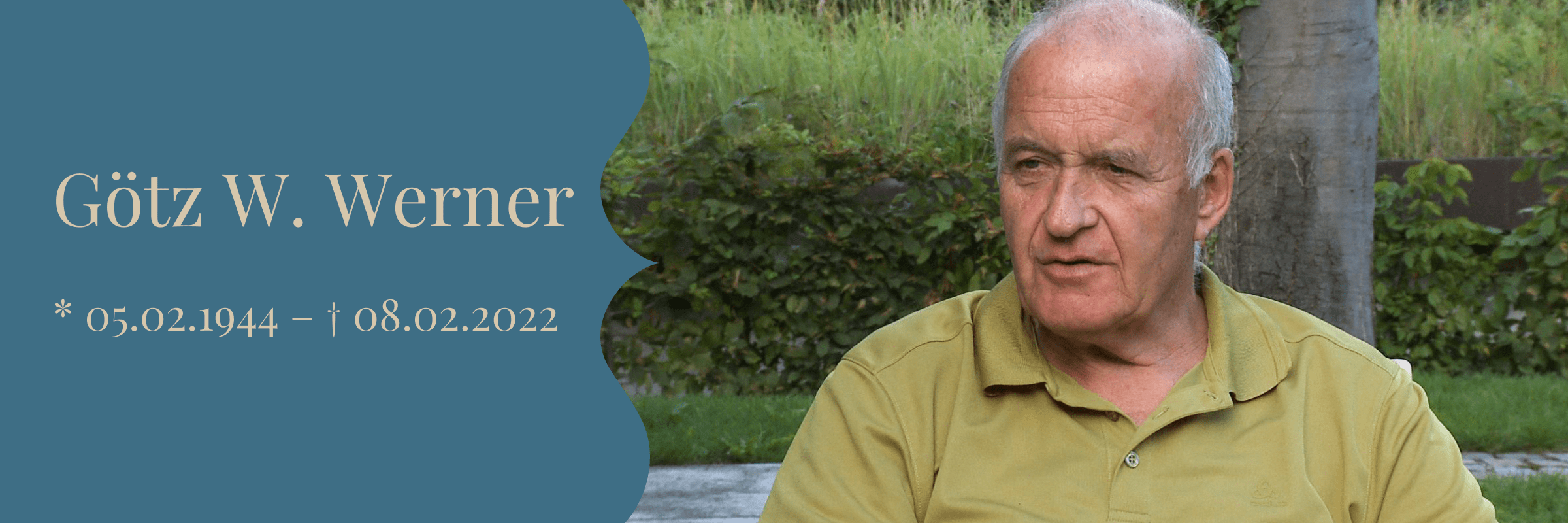
dm-drogerie markt founder and patron of FRIBIS, Götz Werner, has passed away
On 8 February 2022, Götz Werner passed away at the age of 78. He not only founded the Götz Werner Chair together with his wife Beatrice, but also established the dm-Werner Foundation, which makes the work of FRIBIS possible.
Towards the end of his life, Götz Werner’s efforts on behalf of Universal Basic Income increasingly focused on promoting academically sound UBI research. With the support of Freiburg University, the Götz Werner Chair of Economic Policy and Constitutional Theory, held by Prof. Dr. Bernhard Neumärker, was established at the University of Freiburg. FRIBIS was founded shortly thereafter and has since focused on the collaboration of academic research and civil society activism.
To quote Bernhard Neumärker on his very first meeting with Götz Werner and on GWP and FRIBIS:
“Götz Werner approached me in 2018 after a lecture I gave on Universal Basic Income from the perspective of “New Ordoliberalism”. At that time, the incredible momentum this was to have was neither foreseeable nor perceivable.
First, the Götz Werner Chair for Economic Policy and Constitutional Theory was established with the active support of Freiburg University. Then, in an energetic discussion between Götz Werner and the former rector, Hans-Jochen Schiewer, it was decided to establish and generously fund the Freiburg Institute for Basic Income Studies. What has emerged along the way is an interdisciplinary research institute that directly involves civil society actors around Basic Income issues. Thanks to his tireless and innovative efforts, Götz Werner achieved his life’s work, from which both FRIBIS and GWP benefit substantially and from which we all continue to learn.
Personally, I am grateful to Götz Werner for perceiving the core of basic income research from within the regulatory tradition of Freiburg University. I believe it is our task to successfully continue the academic research and socio-political work around Universal Basic Income and to commemorate Götz Werner’s memory in this way.”
Götz Werner’s Understanding of Universal Basic Income
Götz Werner’s tireless commitment to the principles and vision of Universal Basic Income and his entrepreneurial endeavours went hand in hand. His unique way of running a business has won many awards. Indeed, the German newspaper TAZ dubbed him “The Good Giant.” His words and deeds, his ideals and the way he lived his life were not at odds with each other. What he said about his view of humanity, about the task of companies and the essence of business, came alive in the “working community” among dm employees and could be experienced by customers on a daily basis.
For Götz Werner, a company was “a social-artistic cultural event”. Making a distinction between leisure and working time seemed absurd to him. For him, working time was synonymous with “life time”, which should not be turned into a commodity. The goal of the human being was “generating freedom”. For Werner, people were “never a means, but an end”. These insights stemmed from his own entrepreneurial practice and led him logically to the idea of a Universal Basic Income.
In the last years of his life, he expressed the following wish: that “my ideas will continue to have an impact as an entrepreneur and advocate of a Universal Basic Income and contribute to a world worth living in.” With the founding of the Götz Werner Chair
